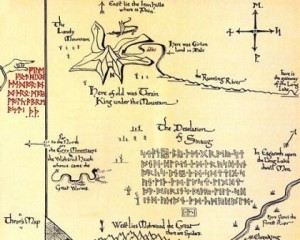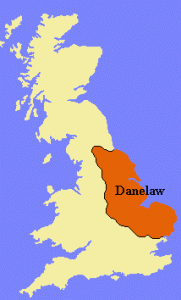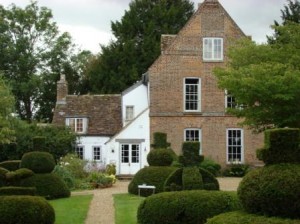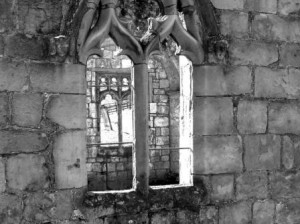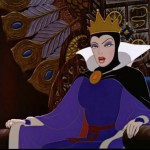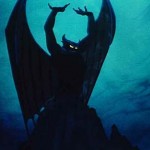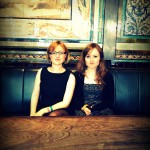Like Terry Pratchett, I was blown away on first reading Tolkien:
It’s got maps! And names!*
I am still in love with his entire lexicon and mythology of Middle Earth, and one of my favourite features was the names he gave places. Now it helps if you are an expert in Anglo-Saxon and all-round-brilliant, but still I aspire to have towns, harbours, moors and rivers that convince. The place is a central character for me.
As most of my readers will know, I was born and brought up in the West Riding of Yorkshire. Norse words are part of my cultural DNA. Give me tofts and thorpes , skels and scars, and I’m a happy woman. I suppose I could set all my work in the Danelaw – but I might like to branch out.
Now since I write stories with more than a touch of fantasy, I could just make it up. But that seems like selling the reader short. I have to confess a more-than-reasonable dislike for place names made up out of real words with different meanings ‘because they sound good’. Call me a nerd, but I like a bit of toponymic integrity. If it’s set in the Fenland, I want names like Penny Soakey, Toseland St. Agnes and Green Knowe (thank you, L. M. Boston).
One approach I use is to blend existing names: I took Sel (seal) from Selsey and –chester (southern variant for ‘Roman settlement’) from Chichester to create Selchester, my City-on-the-Sea. I still like to be careful about origins (no Pictish elements with those from the Jutes for example – like mixing Aberdeen with Canterbury) but it works.
Another way is to recycle the names of abandoned or lost settlements – those places deserted after the Black Death, or victim to coastal erosion. There are a great deal of powerful story backgrounds here too.
You can also look up old maps and use the alternative spellings or earlier forms of places. The Domesday Book is brilliant for that, and zoomable old OS cartography is a wonderful time sink, I have to admit. There are cracking books too: Caroline Taggart’s The Book of English Place Names and the splendidly browseable McKie’s Gazetteer ( which gives any number of odd stories).
And if nothing else, all this research will give you a smile when you come across delights such as Wetwang, Triangle, Great Fryup Dale, Booze (with no pub) and Blubberhouses Moor (all in Yorkshire).
* this may be apocryphal – but it’s too good not to use.

